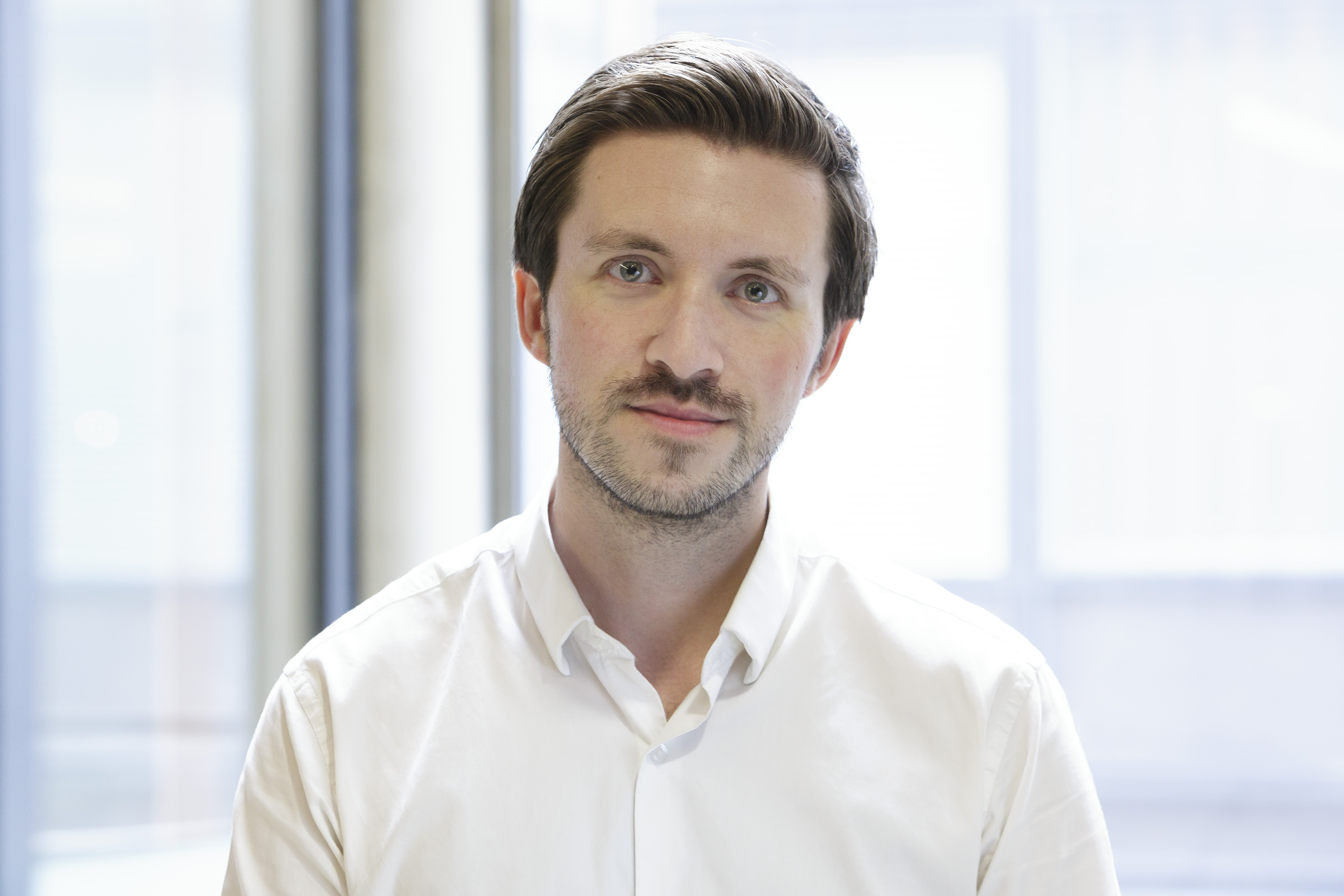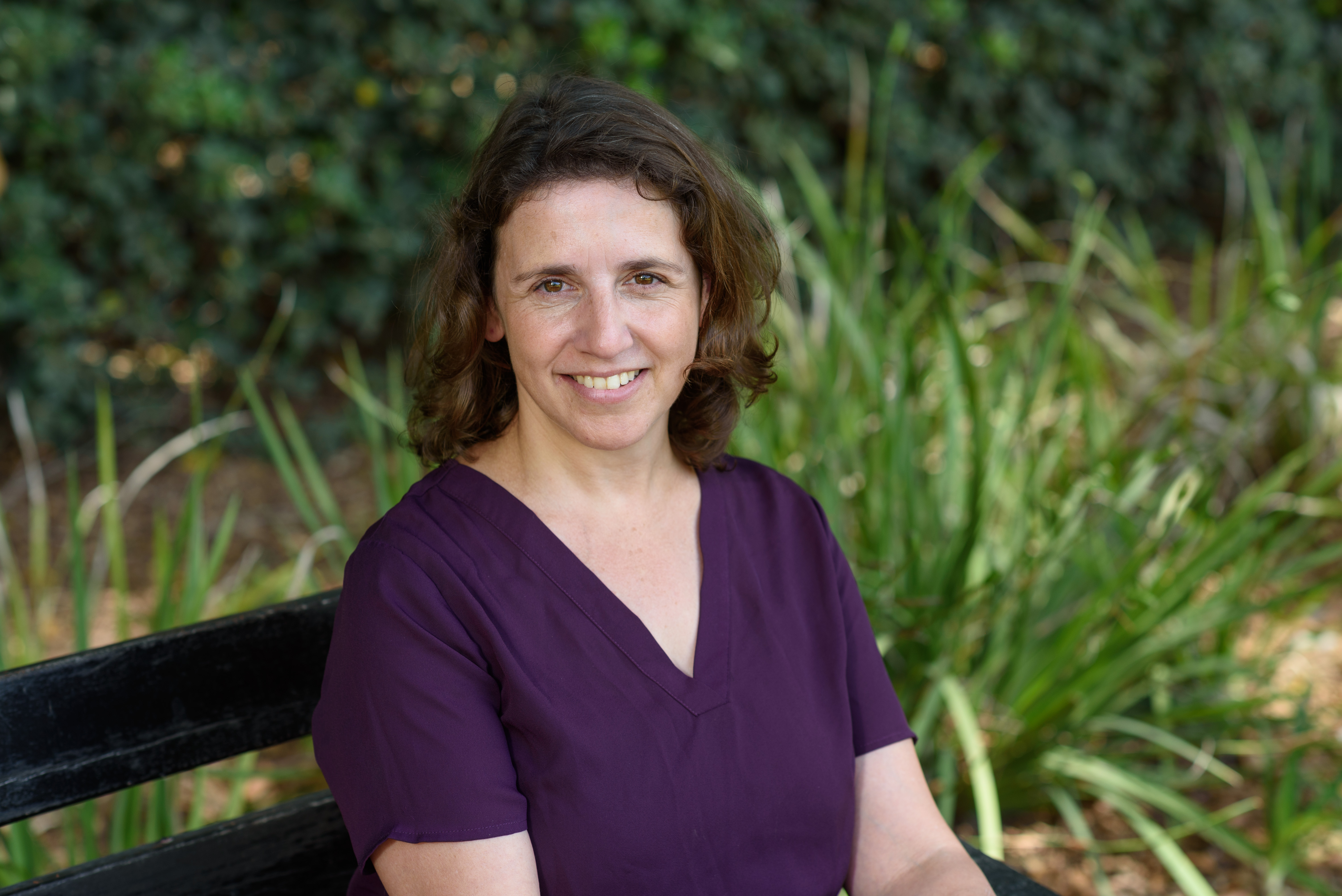Prof. Chris Tape (UCL Cancer Institute, UK)
Prof. Tami Geiger (Weizmann Institute of Science, Israel)
Prof. Chris Tape (UCL Cancer Institute, UK)
Title of his talk: “Single-Cell Signalling Analysis of Tumour Microenvironment Organoids”
Bio: Chris received his Ph.D. from Prof. Gillian Murphy's lab at the University of Cambridge and was then awarded a Sir Henry Wellcome Postdoctoral Fellowship between The Institute of Cancer Research (ICR) (with Dr. Claus Jorgensen and Prof. Chris Marshall) and Massachusetts Institute of Technology (MIT) (with Prof. Doug Lauffenburger) to study how oncogenes signal across multiple cell types in cancer. Chris now leads the Cell Communication Laboratory at UCL CI under a CRUK Career Development Fellowship. The Cell Communication Lab uses organoid co-culture models and custom single-cell signalling technologies (e.g. Mass Cytometry and SPLiT-Seq) to study how multiple cell types collaboratively drive cancer.

Prof. Tami Geiger (Weizmann Institute of Science, Israel)
Title of her talk: "Immunological impact on internal proteomics cancer heterogeneity"
Bio: Tami Geiger studied biology at the Hebrew University of Jerusalem, Israel, where she also completed her master’s and doctoral degrees in biochemistry. In 2008 she moved to the laboratory of Prof. Matthias Mann at the Max Planck Institute of Biochemistry to specialize in proteomics technology and to apply it to cancer research. In October 2011, Tami moved back to Israel and opened her own research laboratory at the Sackler Faculty of Medicine at the Tel Aviv University. In 2021 Tami moved to the Weizmann institute of Science, Rehovot, Israel. She is proceeding with clinical proteomic research of breast cancer, melanoma, ovarian and Ewing sarcoma with emphasis on the interactions with the immune system, metabolic changes that occur during cancer progression, and integration with genomic analyses and imaging. Additionally, Tami works on development of single cell proteomic technologies. She studies questions related to cancer progression, drug response, and tumor heterogeneity.
